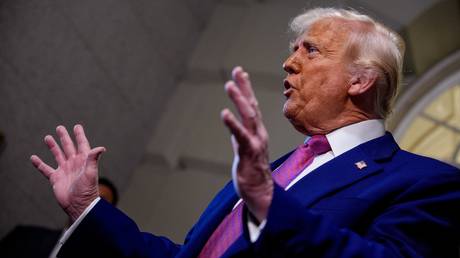
Document may include ban on wildlife markets and new virus detection initiatives
The European Union is planning to start negotiations on a new pandemic prevention initiative that could introduce a gradual ban on wildlife markets and rewards for countries that report new viruses or variants, according to an unnamed EU official who spoke to Reuters.
A meeting will take place on Wednesday for initial talks, and officials are aiming to have produced a first draft of the agreement by August. The upcoming discussions will require the presence of delegates from six major countries in the main regions of the world, which include Japan, Brazil, Egypt, Thailand, South Africa, and the EU, which will be represented by a delegate from the Netherlands.
Among the preventive measures that could be proposed during the negotiations is a gradual shutdown of wildlife markets, since the most widely accepted theory suggests the current Covid-19 pandemic began after the SARS-CoV-2 virus was transmitted from an animal to humans at a Chinese wet market.
Another initiative includes incentives for those who report new viruses or variants, with the aim of avoiding cover-ups and ensuring the timely prevention of disease proliferation. According to the EU official cited by Reuters, they could guarantee access to medication and vaccines, as well as other supportive measures for countries that detect and share new information about possible outbreaks. EU officials apparently also have plans to introduce legally binding obligations to report virus outbreaks.
The countries could also negotiate a revision of global healthcare rules and amendments to the International Health Regulations, a set of guidelines to prevent the spread of infectious diseases.
If the parties reach an agreement, the new initiative on pandemic prevention is expected to be completed by May 2024.
Brussels proposed the launch of negotiations on the new pandemic prevention initiative backed by the World Health Organization in 2021. However, since then the EU has been struggling to get approval from other major countries, notably Brazil, India and the US, which wanted the agreement to be non-binding.




